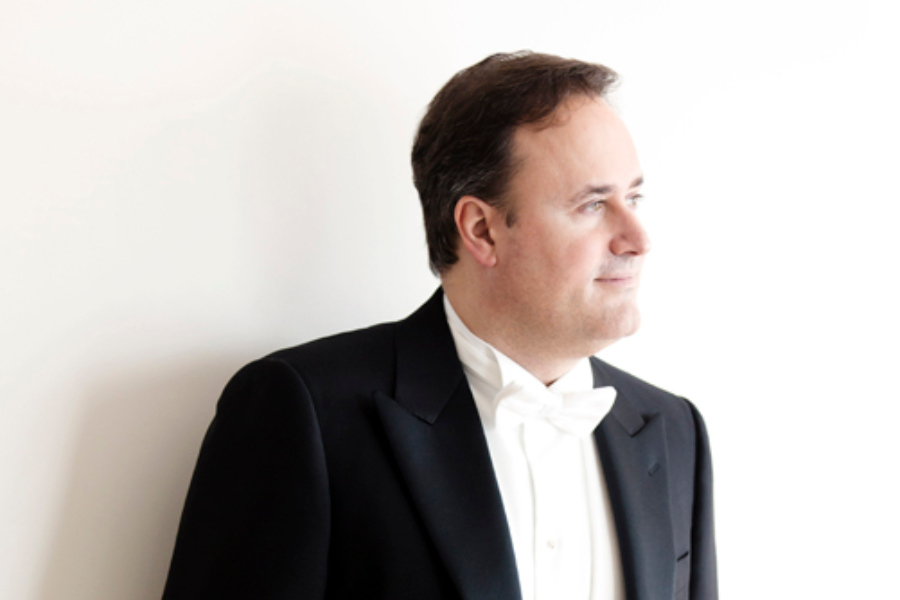The concert programme, during which the NFM Wrocław Philharmonic will be led by the world-famous conductor Karel Mark Chichon, will feature works by Spanish composers: Joaquín Rodrigo, Manuel de Falla, and Isaac Albéniz. We will also hear Maurice Ravel’s Bolero – a masterly stylization of a Spanish folk dance.
The evening will begin with the sounds of Prelude. Light by contemporary Latvian composer Andris Dzenitis. Then we will hear the most famous guitar concerto in the history of music, Joaquín Rodrigo’s Concierto de Aranjuez. Aranjuez is a town near Madrid. This is where the Royal Palace and the surrounding grand gardens are located. It was their multi-faceted, sensual beauty that inspired the composer to create this work. Rodrigo was blind since childhood, so he felt the sensuality of this space as sounds, scents and touching sensations. Composed in 1940, the piece clearly draws on Spanish folklore and court dances.
One of the most recognizable elements of Spanish culture is undoubtedly flamenco. Spanish composers have often referred to it, and most notably Manuel de Falla. The Three-Cornered Hat from 1919 is an excellent example of a ballet that refers to the heritage of Spanish folklore. The concert will feature the Suite No. 2. The Iberian atmosphere will also be evoked by Isaac Albéniz’s Sevilla and Granada from the Spanish Suite. Although these pieces were originally composed for piano, they gained additional fame thanks to the orchestration by Rafael Frühbeck de Burgos. “A masterpiece without music,” as Ravel called his Bolero, was composed in 1928. It delights with its simplicity and the whole spectrum of musical colours at the same time. Its main theme, introduced by the flute, is repeated successively in new, brilliant iterations, using the sound of various instruments. The characteristic rhythm remains constant. To Ravel’s surprise, Bolero immediately gained fame among the public and critics, thus becoming one of the most frequently performed works of this composer.

